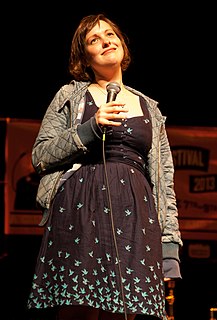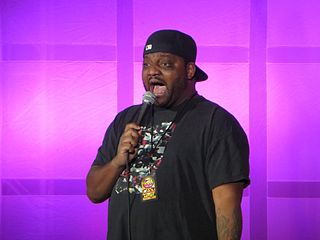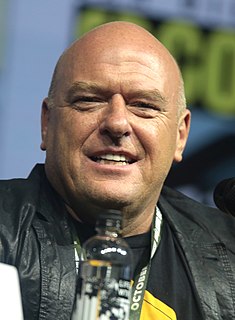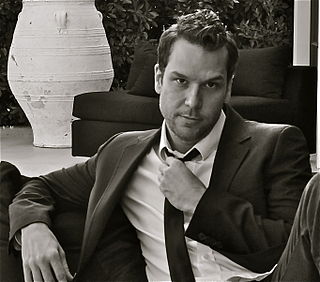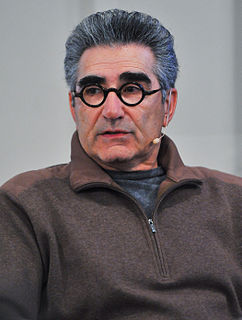A Quote by Barry Sonnenfeld
There is something about being a director where, for me personally, I get to . . . it's the closest I'll ever come to being able to be a stand up. And to use my particular sense of humor, and hear people laughing, without me having to stand up in front of an audience and tell jokes.
Related Quotes
For me any moment in front of a crowd is embarrassing, because I can't stand being in front of people. I'm probably one of the worst public speakers. I try to avoid it, but there are times when it's just too rude not to do it. But there really isn't a moment that's not embarrassing for me if I'm going to stand up in front of a crowd.
The artists who have inspired me the most in my life are the ones who have really had something to say and stand up for. That, to me, is part of being an artist-having the voice to express things that need to be verbalized and brought to light. Unfortunately, I don't think that's a priority for people, because the few artists who do have the nerve to take a stand for what they believe get shut down in a way.
Stand-up can take you in so many different places, man. So many doors can be opened up from stand-up comedy, and the first one that was opened up for me was acting. But you can go from acting to being a TV personality to being a radio personality to being a writer to being a producer, to just being a visionary, to voiceover work.
I'm not concerned about what [Donald Trump] says about me. That doesn't matter to me. I'm going to stand up for immigrants. I'm going to stand up for American Muslims who are working hard in this country that they love and consider their own. I'm going to stand up for other women. I'm going to stand up for the right to choose.


